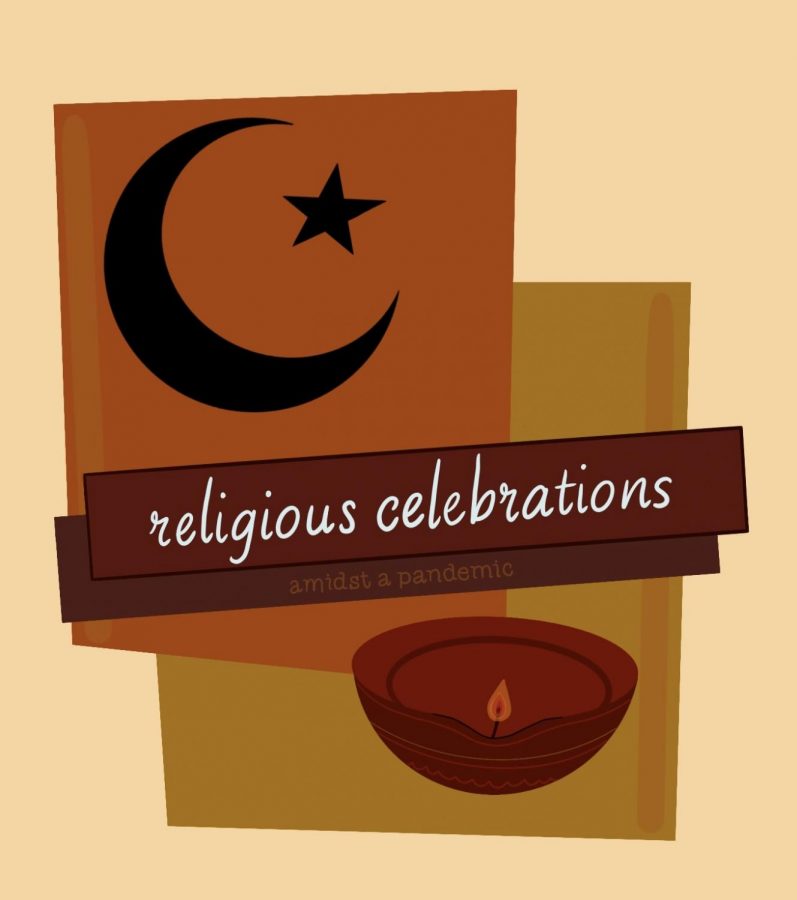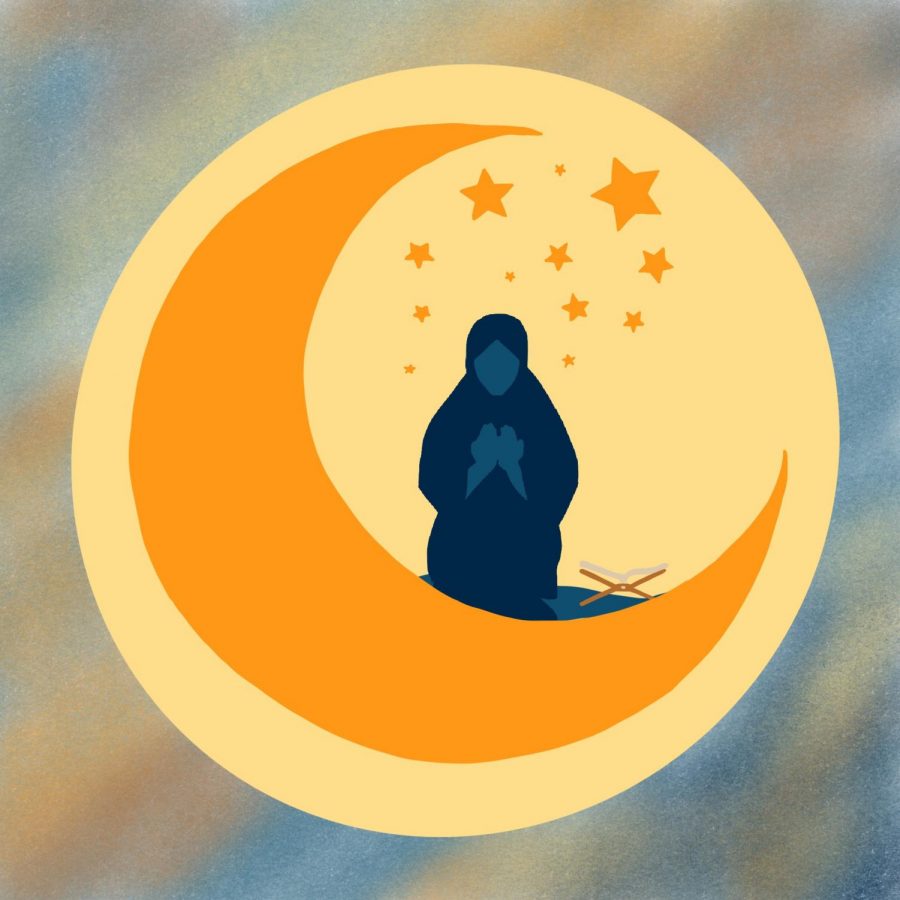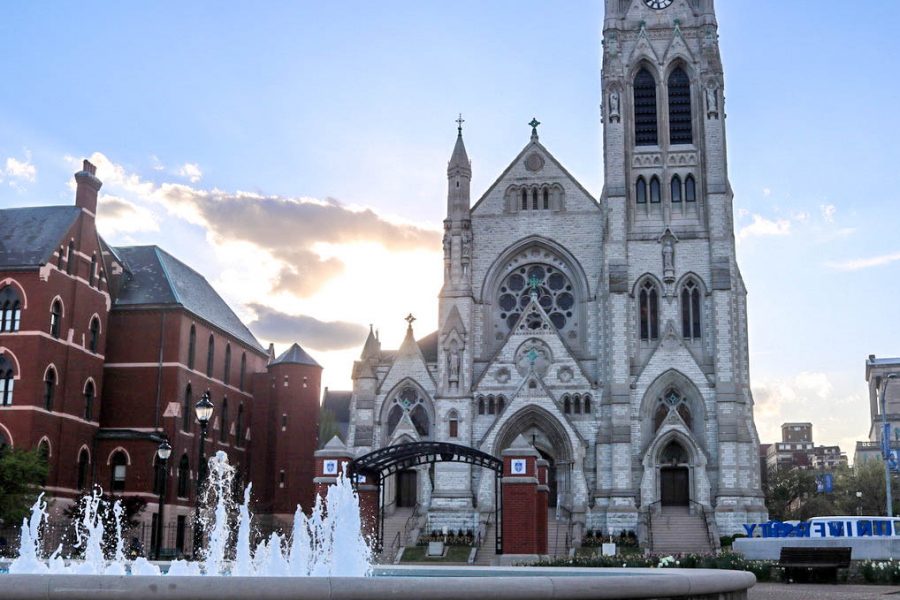I’d like you to take a moment and ask yourself what religion means to you.
This request is something of a trick. I doubt any meaningful answer could come to you in a moment. Taking a moment to describe what religion means to you is similar to taking a moment to reflect on your life; by this point, you’ve been living far too long for brief reflection to be sufficient to cover the points in your life that have truly impacted you.
However, our generation is cursed with the insistence of instant gratification. This applies to action and mentality. We have the issue of not being able to read classic English texts such as Shakespeare or literature from the American Revolution without a struggle.
We can’t read sentences that go on for a page because we only know sentences that go on for a line. “The Federalist Papers,” written in English between 1787 and 1788, were recently translated into modern English so that people today could understand them properly.
I must wonder, then, how our generation expects to read the Bible. I speak here specifically of the Bible and Christianity because this is a Jesuit institution and the majority of you reading this are part of some sect of Christianity; but also because the Bible is the religious text most connected today with the English language: these sentiments apply to all religions. So how, when the majority of society stumbles on The Federalist Papers in part due to the language barrier of their native tongue, do we expect we can read and achieve meaningful understanding from the Bible?
Religion is not a social club; it is plain faith. And faith requires much more than a weekly visit to your place of worship and a “please God, if you get me out of this,” every few weeks. Moreover, it is a code of morality. It’s a set of principles to believe in and live by. And it’s a culture, which is more than just a social group. Culture is your heritage and in many ways a large part of who you are.
Many are beginning Lent, the 40-day period of giving up something you are connected to that you feel you could be a better person without, or perhaps adding something that you feel you could be a better person with. This is done so that you might make progress toward becoming that better person, and also so that you think of God when you restrict yourself and remind yourself what it means to be good to and love yourself and others.
Still, it would seem many who practice Lent don’t find importance in the tradition. They do it without resolve or meaning. “There’s no way I’m going to let Lent ruin my favorite meals.” “I’ll just sneak back on Facebook this once.” But Lent is the practice of sacrifice in the name of the God of the religion to which you subscribe. Your faith isn’t worth sacrificing a meal? Your belief in the Lord who sacrificed his life for your sins isn’t worth 40 days of abstinence from something with the intention of finding greater happiness?
I write this because I’m worried that we as a generation are losing sight of what’s important. I fear that we’ve come to a point where the now is far more important to us than the good. I’m not saying that religion is the only important thing; it is merely one of the stronger examples of what I’m talking about.
I’m not Christian, and in fact I don’t really share my faith with any church. It is my own, crafted by myself by means of the various ideas I have found, the experiences I’ve had, and the things I feel are important.
I don’t think this manner of crafting my own faith is unique, nor should it be. Everyone ought to challenge the things they’ve been told; your faith ought to be personal to you, church or not. If it’s not, then how can you have true faith? Is it not just an institution then, something you were raised in to? Religion – be it Islam, Judaism, Christianity, Buddhism, or any other honest, good religion – is about finding fulfillment and living your life in accord with what is good for you and the people around you. Being content, gratified, happy in the moment, is quite different form being fulfilled.
Take a while to think about what your religion means to you.
Wolf Howard is a shophomore in the College of Arts and Sciences.














